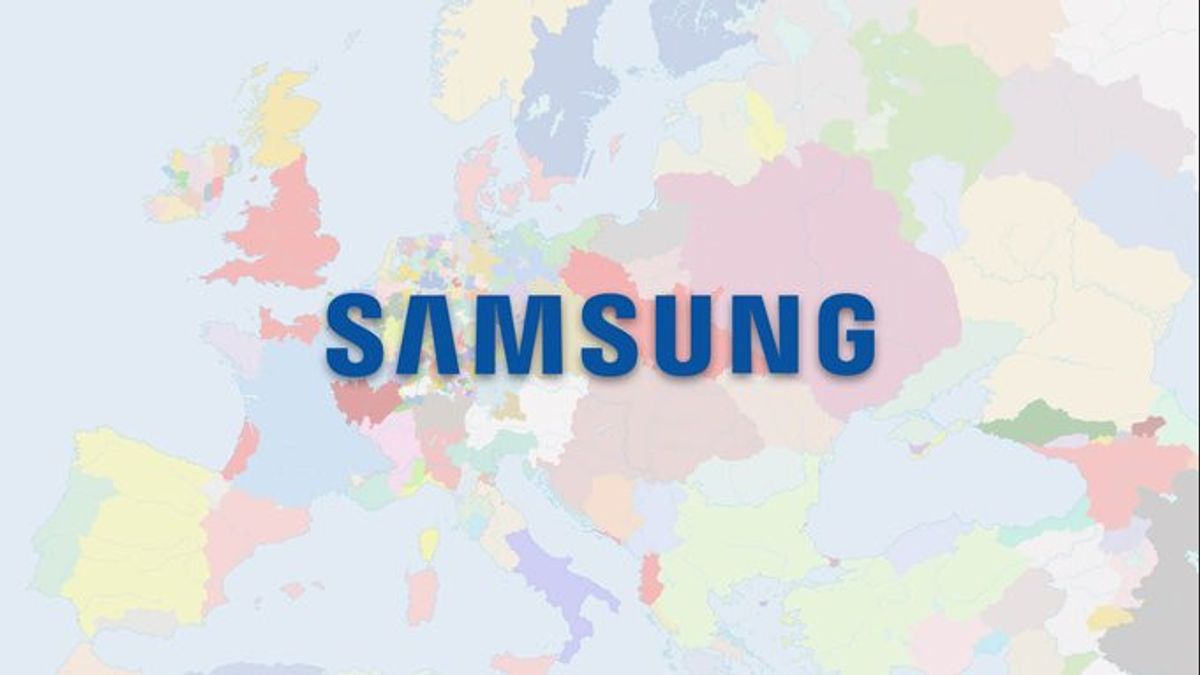JAKARTA - Samsung has banned the use of generative artificial intelligence tools such as ChatGPT on the company's internal network and devices for fear that uploading sensitive information to this platform is a security risk, Bloomberg News reported.
This rule was conveyed to staff in a memo explaining it as a temporary restriction while Samsung worked to "create a safe environment" to safely use a generating artificial intelligence tool.
The biggest risk factor is OpenAI's ChatGPT chatbot, which has become very popular not only as a toy for entertainment but also as a tool to help with serious work. People can use the system to summarize reports or write responses to emails - but that may mean including sensitive information, which OpenAI may have access to as well.
"We are temporarily limiting the use of generative artificial intelligence," said Samsung, as quoted by Bloomberg, quoted by The Verge.
The privacy risk involved in using ChatGPT varies based on how users access services. If a company is API ChatGPT, then conversations with chatbots are not visible to OpenAI support teams and are not used to train the company's models. However, this does not apply to text that is included in the general web interface using its default settings.
In the FAQ, the company says that it is reviewing the conversations users have with ChatGPT to improve their system and ensure that it complies with its policies and security requirements. They advise users not to "distribute sensitive information in your conversations" and note that any conversation can also be used to train future versions of ChatGPT.
OpenAI recently launched a feature similar to the "incognito mode" in browsers, which does not hold chat history and prevents it from being used for training.
Samsung is clearly concerned about employees playing with this tool and doesn't realize it's a potential security risk.
"The Command Center is Reviewing Security Measures to Create a Safe Environment to Use Generative Artificial Intelligence to Improve Employee Productivity and Efficiency," the company's internal memo said as reported by Bloomberg.
"However, until these measures are prepared, we are temporarily limiting the use of generative artificial intelligence." In addition to limiting the use of generative artificial intelligence on companies' computers, phones, and tablets, Samsung also asked staff not to upload sensitive business information through their personal machines.
"We ask that you diligently adhere to our safety guidelines and the failure to do so can result in a violation or compromise of the company's information which results in disciplinary action up to termination of employment," said Samsung's memo.
This policy came into effect after Samsung discovered that some of its staff "uploaded internal source codes by uploading them to ChatGPT", according to Bloomberg. There are concerns that uploading sensitive company information to external servers operated by AI providers could threaten the confidentiality of the information and limit Samsung's ability to remove it afterward.
Samsung's policy has led the company to join a number of other companies and institutions that have restricted the use of AI's generating tools, although the exact reasons for these restrictions are different.
JPMorgan has restricted its use due to compliance reasons, reported by CNN, while other banks such as Bank of America, Citigroup, Deutsche Bank, Goldman Sachs, and Wells Fargo have also banned or restricted the use of such tools.
Meanwhile, schools in New York City have banned ChatGPT for fear of fraud and misinformation, while concerns over data protection and safety of children are a temporary reason for banning ChatGPT in Italy.
Samsung reportedly has plans to allow its employees to use AI tools in stages, but seems to be waiting to develop an in-house solution. Bloomberg notes that the company is working on tools to help translate, summarize documents, and develop software.
However, this AI generating restriction does not apply to devices sold to consumers such as laptops or cell phones.
The English, Chinese, Japanese, Arabic, and French versions are automatically generated by the AI. So there may still be inaccuracies in translating, please always see Indonesian as our main language. (system supported by DigitalSiber.id)













